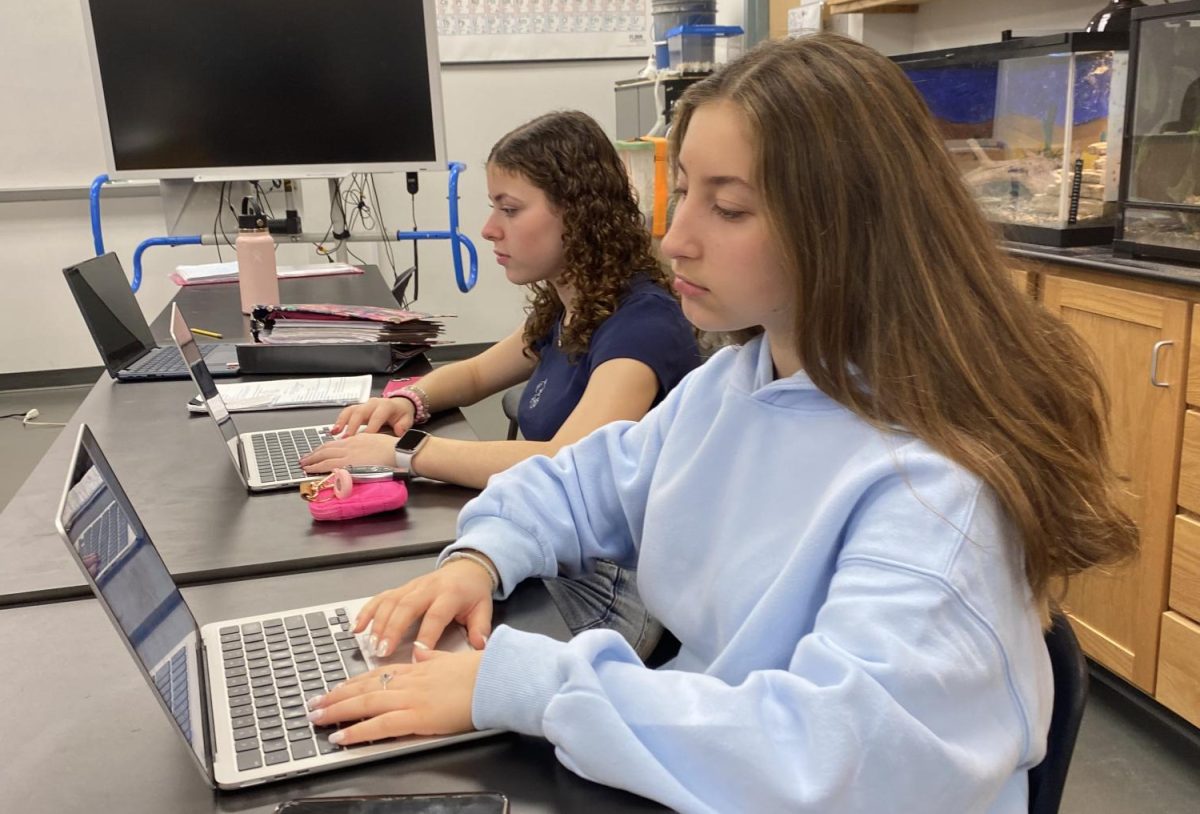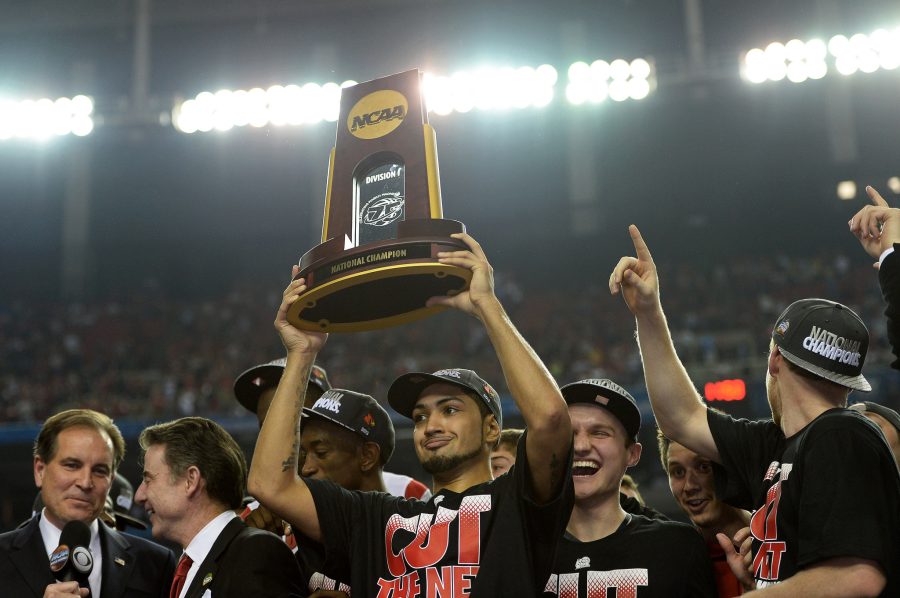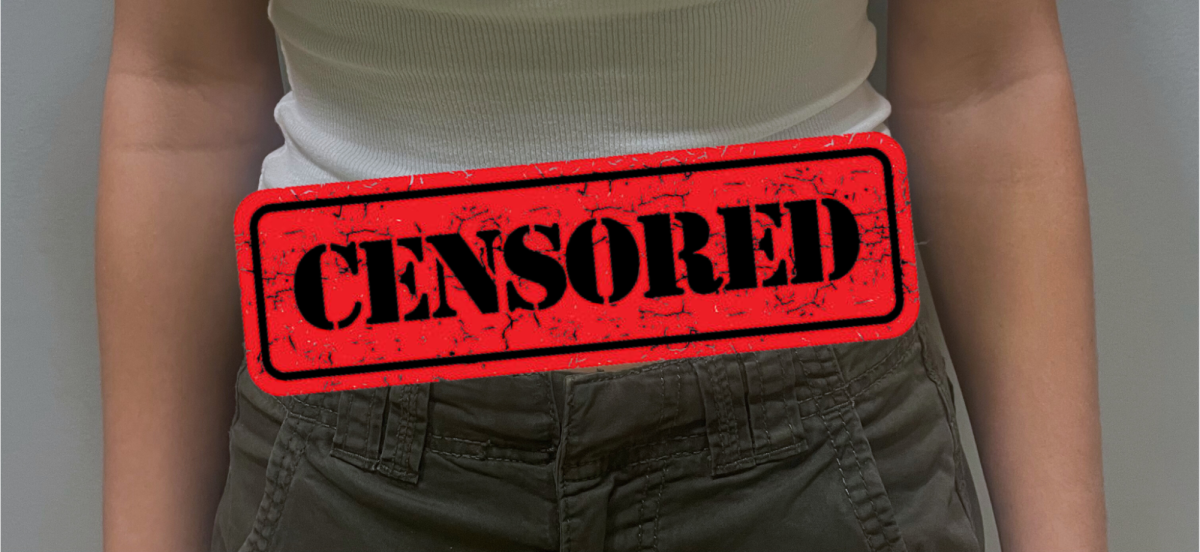Slider courtesy of Wikimedia
The National Collegiate Athletic Association (NCAA) has full control over the college sports world. They regulate recruiting, investigate teams violating their rules, and decide eligibility criteria for the players. They rake in millions of dollars each year, while the players who bring in that revenue are left with nothing. As increased illegal recruiting and NCAA investigations sweep across the college sports world, the NCAA continues to emerge, not as an organization advocating for their athletes, but as a heartless and hypocritical corporation that seeks only to gain profit and exercise control.
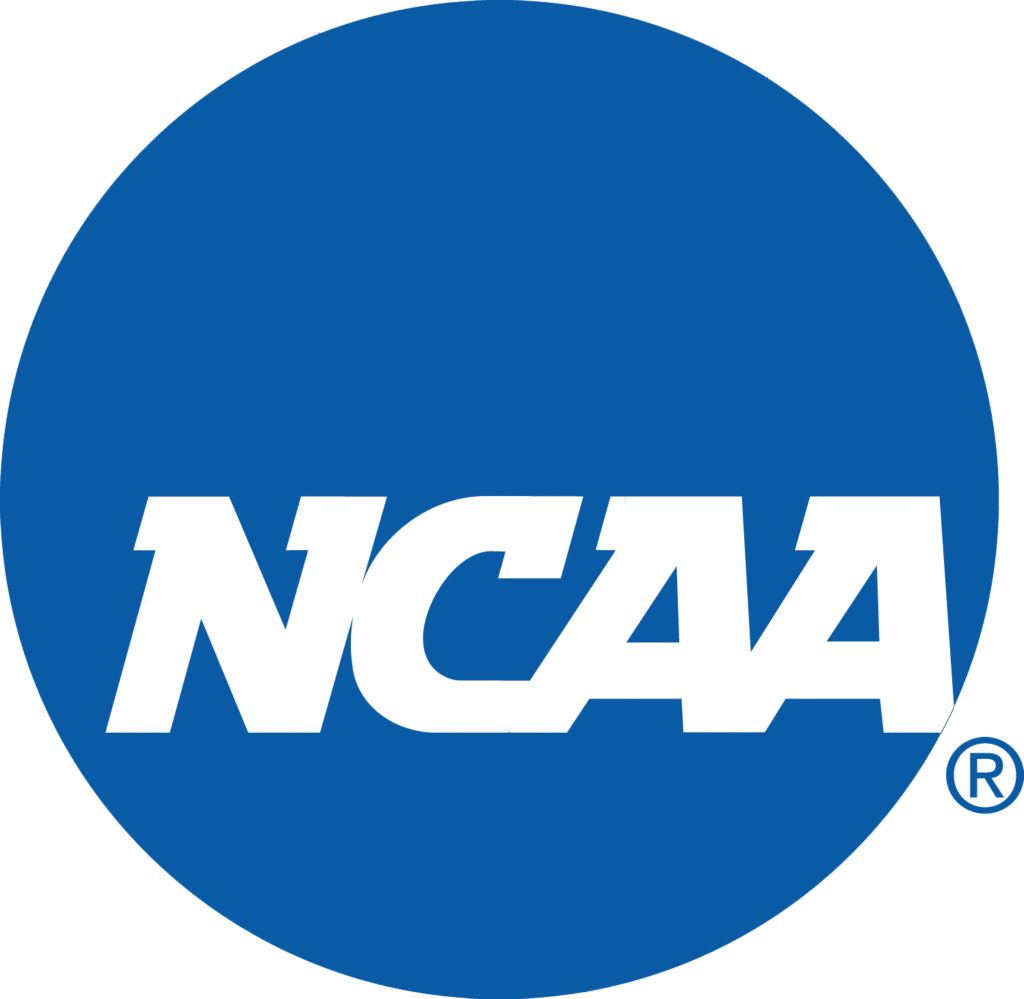
Recently, the term “student-athletes” has begun to be used by the NCAA to paint the picture that their athletes are students first, but in most cases this is far from the truth. In Division I powerhouse schools like the University of Kansas, University of Kentucky, or Duke University, the athletes are exactly that, athletes. So if they are being relied on to bring in massive amounts of revenue for both their schools and the NCAA, shouldn’t they be compensated, or at least be provided with some benefits? Well, no. Or at least not according to the NCAA–not only should the athletes essentially be playing for free, but they should be denied education-related benefits, such as electronics or opportunities for paid internships post-graduation.
In December of 2020, the Supreme Court agreed to hear a case involving the NCAA and whether colleges can provide athletes with compensation for educational expenses. The NCAA has already been ruled against in two lower courts who stated that the NCAA violated antitrust laws by barring schools from helping their athletes. The case doesn’t have to do with the idea of earning money off of name, image and likeness (NIL) (which is much more controversial), but the NCAA is still willing to spend millions of dollars on a lawsuit to keep money out of the players’ hands. In their filing they claimed that allowing these benefits “would further blur the line between professional and college athletes,” as reported by the Washington Post.
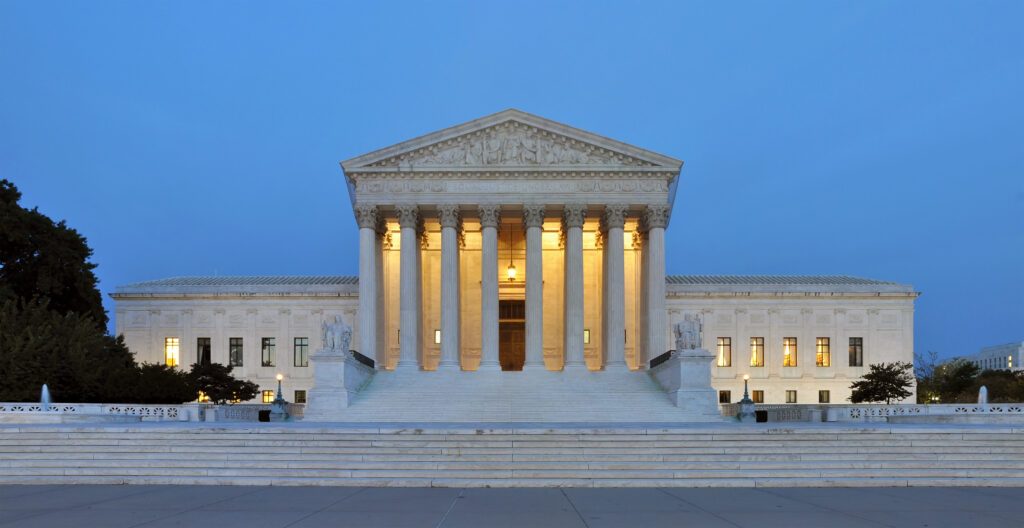
A 2013 study by the National College Players Association (NCPA) found that 86 percent of college athletes live below the national poverty level. Athletes are expected to play for the love of the game while their colleges and the NCAA makes millions off of their hard work. On the court they are superstars: representing their schools with pride and playing in front of adoring crowds. But after the game, some go back to their second job, struggling to make ends meet if they are not on scholarship. They are given no benefits, all in the name of “amateurism,” in that the athletes are still gaining experience, and as such should not be compensated for their efforts. The NCAA defends their position by claiming that since these athletes are “amateurs,” their level of benefit or compensation should not compare to professional athletes.
However, although they preach about the difference between college and professional sports, the NCAA allows colleges and universities to slip through loopholes in their academic rules. For example, in 2018, the University of North Carolina offered fake classes that required no attendance and little work in order to remain eligible. The university was not charged, as the NCAA claimed that the classes were open to everybody, not only college athletes. But meanwhile, the standards for athletes are far more stringent: in 2017, a Texas A&M cross country runner was threatened with ineligibility for posting a YouTube video about a water bottle company he started. The NCAA refuses to let anything surface on the Internet or in the media that insinuates an athlete using their platform to make money or spread information about even the most innocent topics.
The idea of compensating college athletes is a highly controversial one, and will likely become a central topic in the coming years, but at the bare minimum the NCAA should be treating their athletes with respect. After all, they’re the sole reason the NCAA makes over $1 billion a year. The double standard of and the corruption within the NCAA is astonishing, and serves to prove how as an organization they care only about two things: power and control.




































